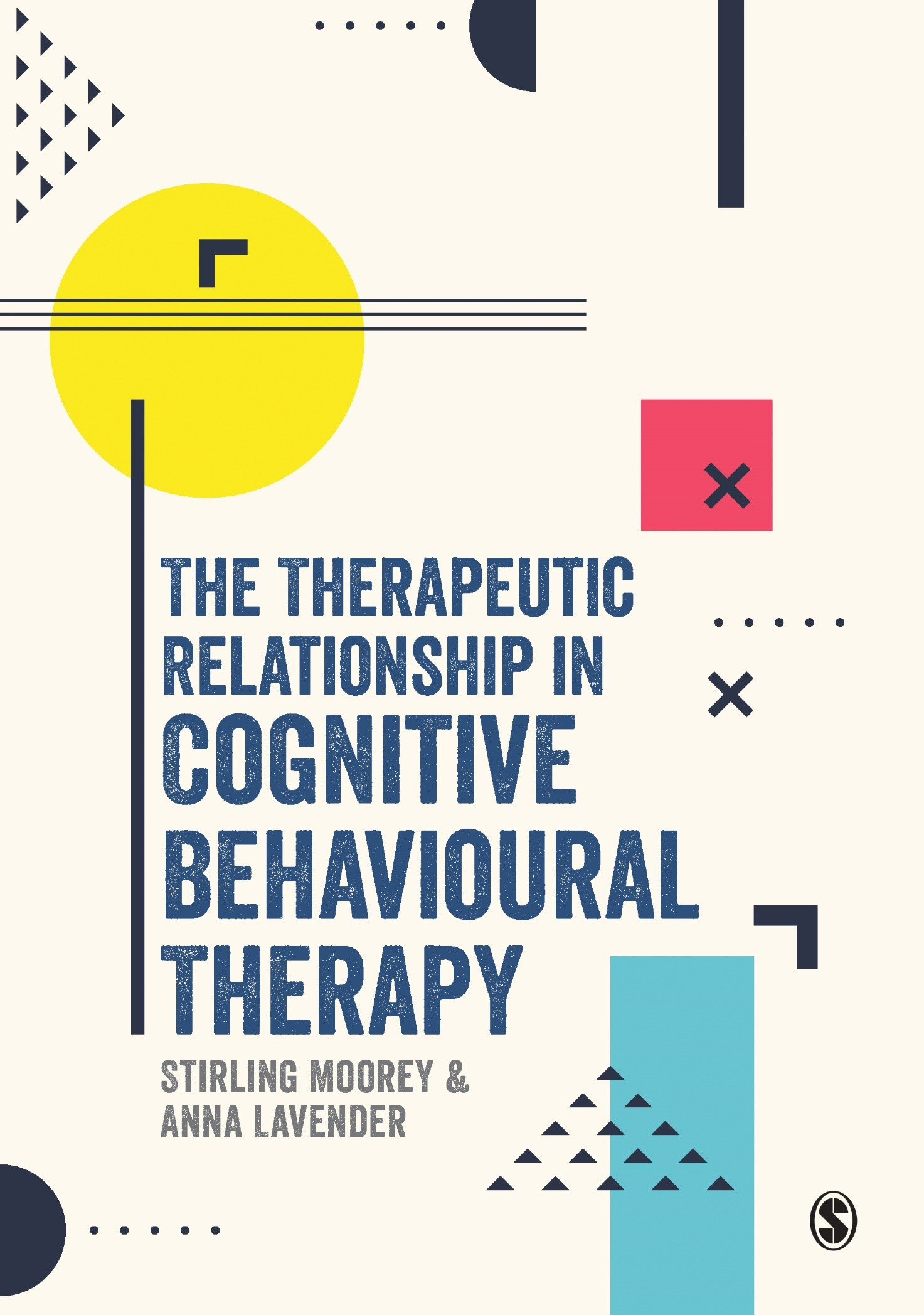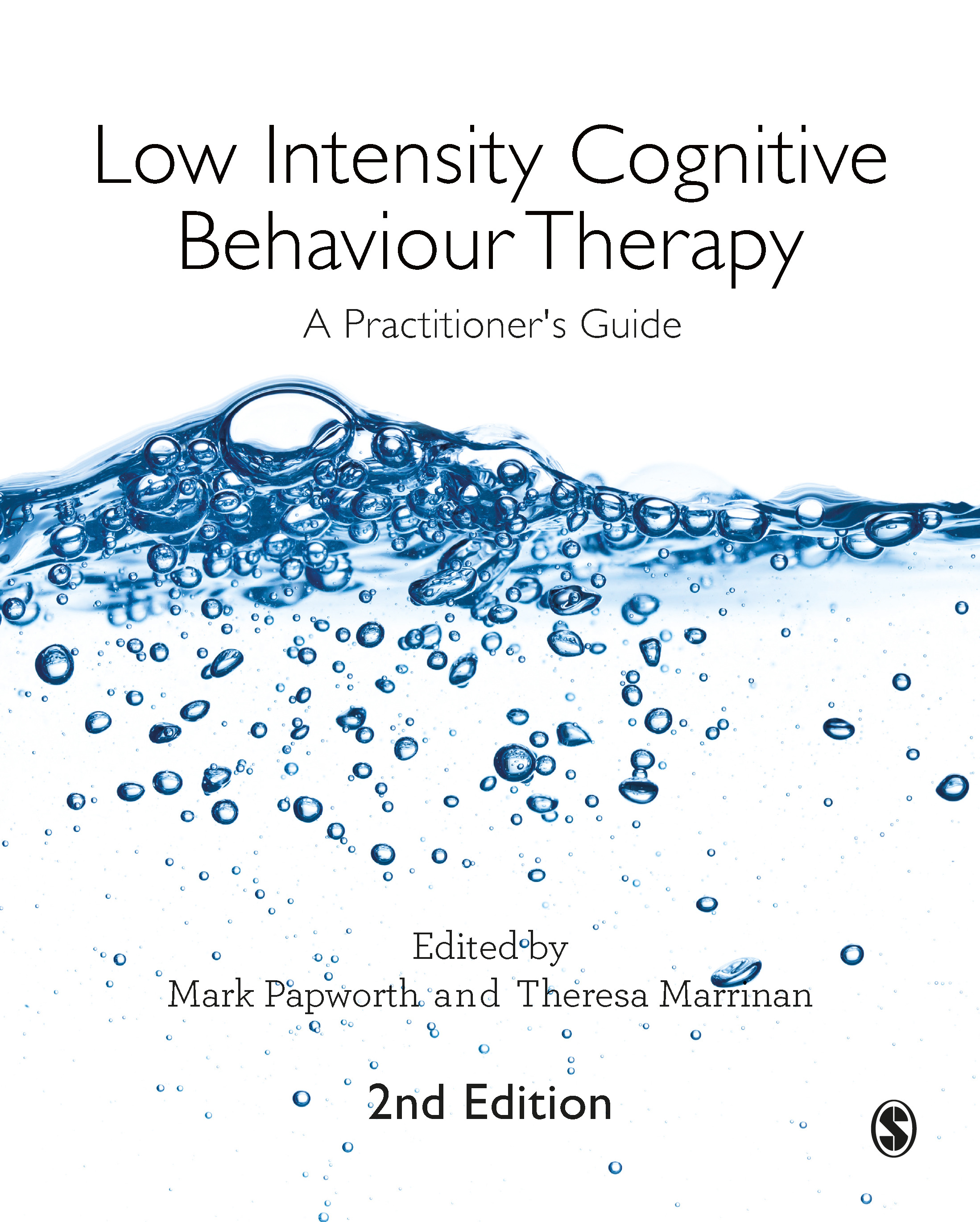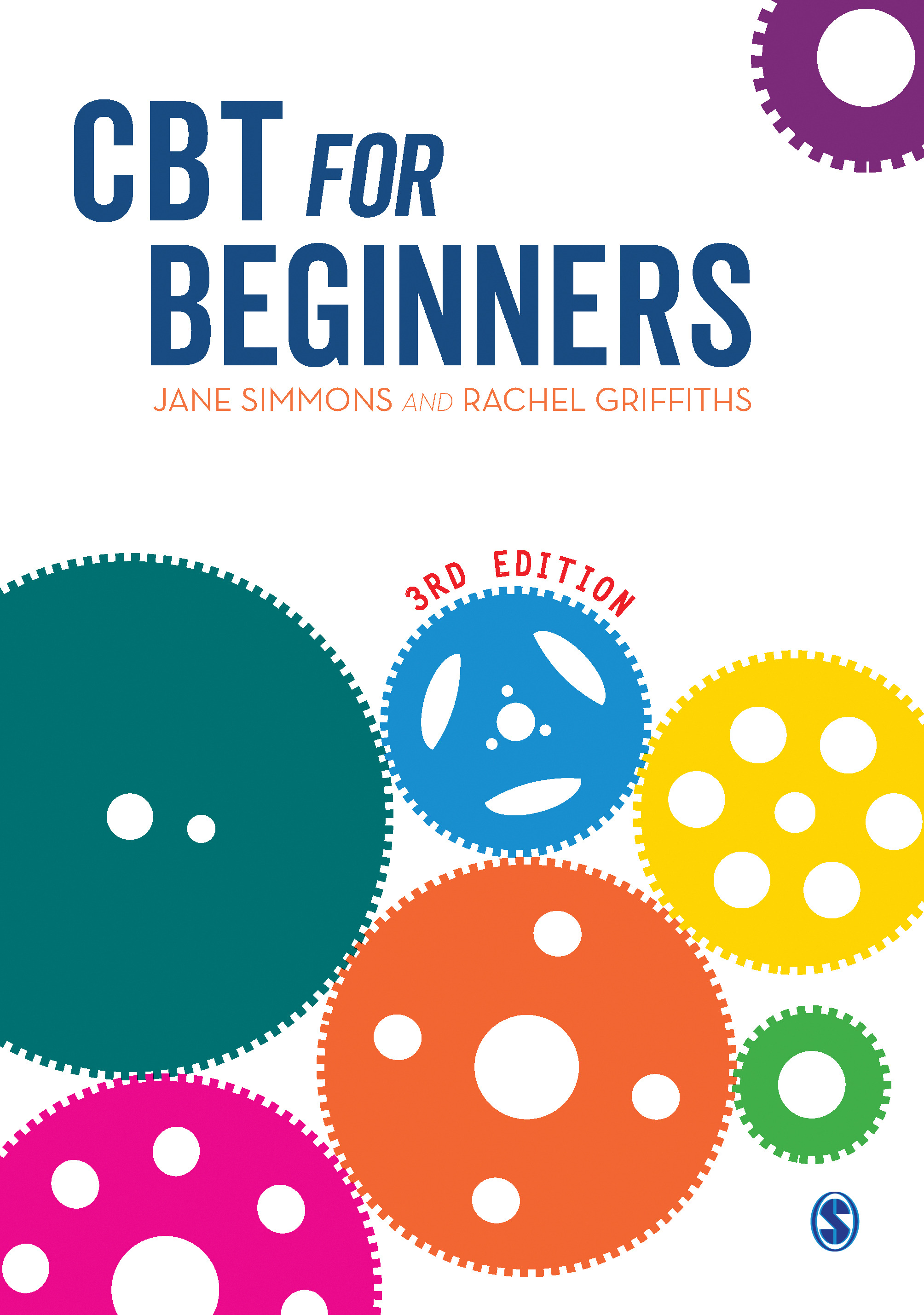You are in: Asia
Change location
You are here
Cognitve Behavioural Therapy
By making negative interpretations, and using certain behavioural patterns, it is possible a client will reinforce distorted thoughts. Cognitive Behavioural Therapy helps clients understand the impact of their emotions and thoughts on their feelings.
 Our feature book
Our feature book

The Therapeutic Relationship in Cognitive Behavioural Therapy
“This book provides the practitioner with accessible theory-in-practice models which hold the therapeutic relationship as one of key element in the process of change. I would recommend it to both CB Therapists & those thinking of integrating CBT into their practice rationale."
Brian Charlesworth
Psychotherapist, Psychologist & Emeritus Snr Lecturer Leeds Beckett University
"Scholarly, well written, and with insights obviously based on many years of experience this is a must read for all cognitive behaviour therapist and indeed others interested in the therapeutic relationship."
Professor Paul Gilbert, PhD, FBPsS, OBE
Our feature book for Cognitive Behavioural Therapy is The Therapeutic Relationship in Cognitive Behavioural Therapy. Each chapter outlines key challenges therapists face in a specific context, how to predict and prevent ruptures in the therapeutic alliance and how to work with these ruptures when they occur. With clinical vignettes, dialogue examples and ‘tips for therapists' this book is key reading for CBT therapists at all levels.
 What you should be reading
What you should be reading
CBT for Depression: An Integrated Approach
Rooted in evidence-based practice, this book introduces an approach to CBT for depression that integrates cognitive-behavioural models and therapies. It draws on components of first, second and third-wave CBT to help readers tailor therapy to the needs of individual clients.
Want to know more? Have a free preview on us!
Low Intensity Cognitive Behaviour Therapy: A Practioner's Guide
A practical and step-by-step guide to the basics of CBT updated to include new content on the difficulties and drawbacks of CBT; the differences between formal CBT and informal CBT; the therapeutic relationship; further discussion of specific formulations and compassionate interventions with negative thoughts.
CBT for Beginners
A practical and step-by-step guide to the basics of CBT updated to include new content on the difficulties and drawbacks of CBT; the differences between formal CBT and informal CBT; the therapeutic relationship; further discussion of specific formulations and compassionate interventions with negative thoughts.
Let’s start at the beginning. What is CBT?



